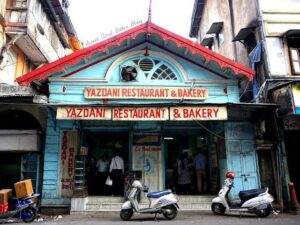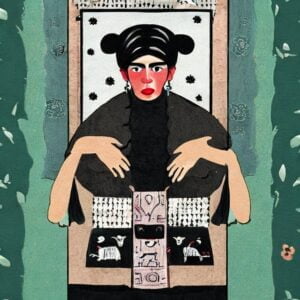This poem titled ‘What is a War?’ was written after Russia dropped bombs on the lands of Ukraine. Wars break me. Wars kill an integral part of me every time. As much as I am afraid of them, I detest them in every possible way. This poem is my heartbreak, my rant, my only way of showing my side.


A rumble climbs up the sky, then another,
there is enough space in the air
for the birds to welcome their metallic counterparts,
and when the traffic gets too much,
when you don’t have to look up
to count the swarm of machinery
floating above your head, like a bad dream,
you know you are no more than a bird
chased out of its own territory,
you know you are a bird, and that
only your future will revisit your home,
if there will remain one,
that it’s easier, painless, becoming
a forgotten past on your own land than
migrating South. A piercing whistle dashes
through the ears, like skipped pages of history,
like an alarm clock, this time,
not pulling you out of sleep,
but putting you into a deeper one,
like a baby bawling for his mother’s warm skin. To be living in a state of emergency then,
is to be abandoned by your own mother.
Is to be one of many, is to feel alone yet.
Is to run away from her, and still love her.
Is to be half inside a tomb.
There are fewer words than alarms,
and every word is a price you pay
for still breathing, still breathing in
dense mortar, smell of raw flesh, gunpowder, grief,
because to keep breathing in the times of war
is a lottery, a chance encounter,
a probability reducing word-by-word,
word
by
word
you see humans slipping away,
like present melting into history, like
probability reducing to null,
a country’s humanity is measured by
its verbs,
“Look!”
“Run!”
“Duck!”
“Help!”
“Eat!”
“Smile!”
“Run!”
action verbs,
to have verbs in the times of war
is to be a step further from others,
is to have a language put together from the shattered pieces
of a mother tongue,
of a mother,
of a tongue,
until what is left of a person is just a name,
a placeholder that holds nothing,
like a hanger without clothes,
like a language without verbs.
At two in the morning, men will be asked to stay back,
to fight, to flee their families,
migrate them somewhere,
to tell them that their freedom comes at a price,
and women will be asked
to appear with their vaginas,
men and women will be asked to be useful, for once, useful,
until the war ends,
until they’re deemed useless,
or until they’re dead,
somewhere deep inside that country,
a mother will lose her son to war
and her daughter to a river,
lovers will lose their lovers,
kids will lose their parents,
somewhere deep inside that country,
the remaining breaths will give up,
their blood smeared over them like goodnight kisses from their lovers, somewhere deep inside that country,
a group of men will shake hands
and flee the country,
they will tell their men to keep shedding blood for their country,
to keep smelling the war so much they reek of it years after it is over,
if they survive.
In a country ripped by war, you’re only safe if you’re powerful.
Which is to say, the rulers run away,
the rich flee,
others live through it, are raped or die.
You’re safe, depending on who you are. You’re safe, depending on whose side you are. You’re safe, depending on whether it’s your country or not. Which is to say, you’re only safe temporarily.
Because there’s only so much difference between the man who was only a
step behind the spot where the rocket kissed,
and the man at the shoulder of the road,
twenty steps away.
To be alive in the times of war, then, is only a matter of some steps. Is only a matter of your epicentre.

Utkarsh Kumar
His mother named him Utkarsh because she wanted him to not be too far ahead in the roll number list. While his name meant exactly opposite— to be at the top. Dangling between this ironic dilemma, Utkarsh holds onto poems, and stories to fulfil the meaning of his otherwise bland life. He believes words have the power to bring together people, eliminate distances, start a revolution, and carry it through. He daydreams about Hosseini’s Afghanistan, Murakami’s Japan, and Bond’s India.



